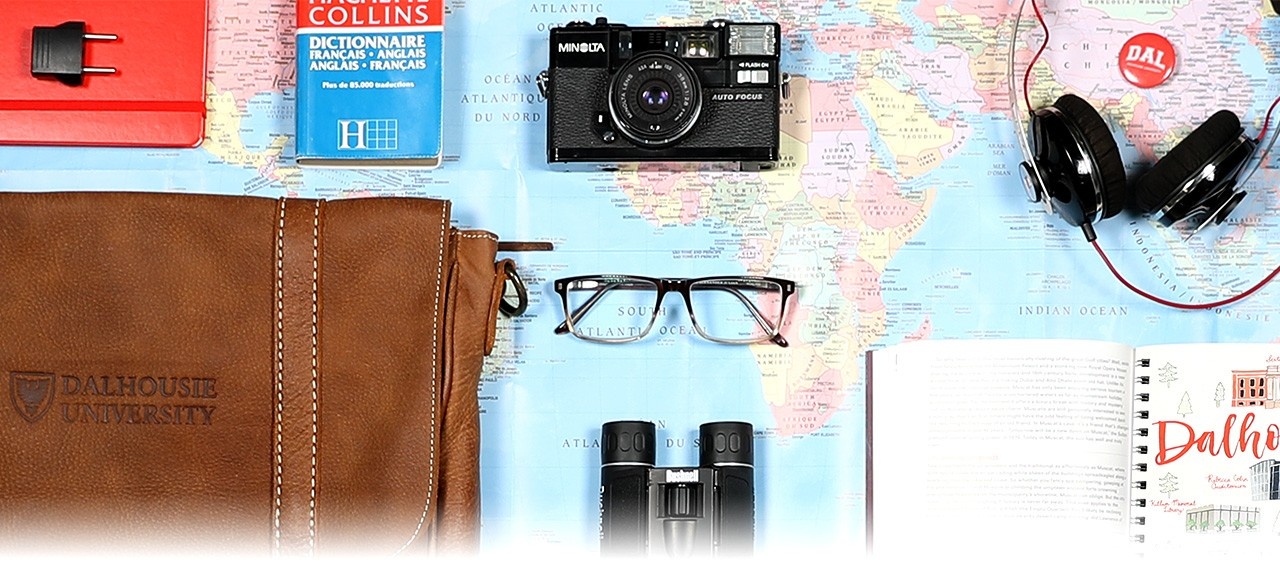Pre-departure steps & requirements
Managing the risks of traveling international is a shared responsibility between the University and individual travellers. Prior to travel, students must complete a series of pre-departure steps and requirements, as facilitated by the International Centre and/or the International Office at the Agriculture Campus. These include registering your international travel with International SOS, confirming your emergency contact information, arranging international travel and health insurance coverage, and completing a series of pre-departure workshops/modules on Brightspace. More broadly, it may also include opportunities for learning around international travel logistics, cross-cultural communication, academic systems abroad, health and safety abroad, and other related topics.
International SOS app
Travellers should also download the International SOS app. Once you register your travel inside the app, up-to-date information about your destination, including site-specific emergency alerts, will be sent directly to your phone. In the case of emergency alerts, the app will ask you to “check in” to confirm your safety and wellbeing. The tracking function on the app can be easily enabled and disabled, depending on your preference.
Travel documents & insurance
You should also ensure you have required documents and insurance coverage, including:
- Required travel documents (ex: passports, visas, permits, etc.) for your destination.
- Trip cancellation and interruption insurance: This is mandatory for students and strongly recommended for faculty and staff.
- Appropriate travel health insurance: This is mandatory for all travellers. Students are required to carry travel health insurance provided by the Dalhousie Student Union (DSU). Alternate travel health insurance may be considered in circumstances where DSU insurance does not extend to fully cover the international travel/activity. The policies provided to eligible faculty and staff from Medavie Blue Cross, provide appropriate travel health insurance coverage. Faculty and staff with other medical insurance policies are responsible to ensure their coverage is sufficient.
- Other appropriate travel insurance, including coverage for the loss of personal property.
Registration of Canadians Abroad (ROCA)
Canadian travellers are also expected to register with the Canadian government’s online Registration of Canadians Abroad (ROCA) system. If you are a citizen of a country other than Canada, please register your travel with the foreign office of your home country, where possible.
Incidents/emergencies during travel
In the event of a medical or security incident or emergency during travel, you should act to protect your own safety and contact International SOS as soon as possible for support and direction. You can contact International SOS via the app or by calling 1-215-942-8478. In such cases, International SOS will liaise with the University where necessary to ensure you receive appropriate support.
